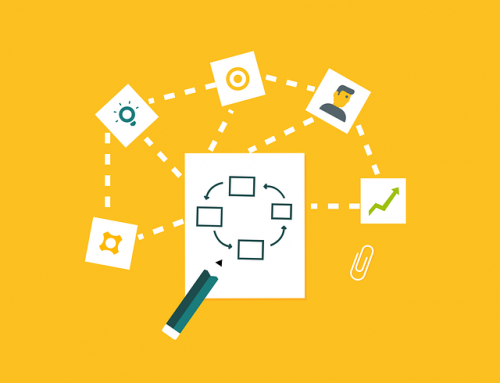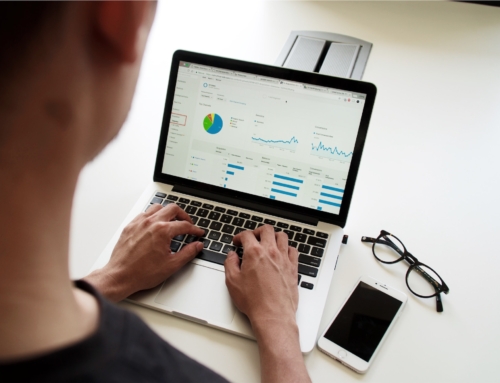General Information:
Google Penguin is the name of an algorithm update that will decrease the ranking of websites that violate Google’s Webmaster Guidelines. At its core, Google Penguin was created to monitor website and penalize those that are trying to achieve higher ratings by cheating and using manipulative techniques. It was made to quickly and efficiently target websites that are filled with spam or have too many advertisements. It systematically looks at websites and raises or lowers its ranking based on those factors.
Currently, the update affects approximately 3% of search queries in English and other major languages, such as Chinese, German and Arabic. However, some languages it affects more. The update was first announced on April 24, 2012. There have been seven updates since it was launched with the last installment occurring on September 23, 2016. Currently, this seventh Google Penguin update, also known as Penguin 4.0 is part of the core algorithm for Google.
How to Tell if You have Been Affected:
The best way to see if your website has been affected by the Google Penguin Update is to look at the traffic your website before the update and after the update. Most users haven’t seen too much of a change. However, if your website’s traffic decreased or increased it is likely that Google Penguin is the cause. If there is little or no spam on your website it is rare that you will be affected negatively from the update.
If You are Affected Negatively:
If you notice that your user traffic has been decreasing ever since Google Penguin updated your website might have been flagged as violating Google’s Webmaster Guidelines. First, see if there is any spam or nefarious information on your website. Since Google Penguin is constantly monitoring and updating the rankings of websites this should be enough to solve the problem. If you notice no change, submitting a reconsideration request at Google Webmaster Central or by posting feedback at Google’s webmaster forum. It should be noted that penalties are applied through the Google Penguin algorithm, not a person making a manual note. It is rare that websites are targeted without just cause, but even target websites can gain ranks by making a few changes. If you believe your website has been affected and you have trouble figuring out how to proceed, consider hiring an SEO expert to help recover your website’s rankings and traffic.
Google Webmaster Guidelines and Common Website Violations:
As previously stated, the Google Penguin Update uses Google’s Webmaster Guidelines as a framework for its algorithm. These guidelines state that websites should have pages, information and links that benefit the users and are not primarily used to boost rankings in search engines. One of the worst and most common website violations is cloaking. Cloaking is coding your website to be seen one way by a search engine while looking completely different to a user. Websites should not lie, participate in link-schemes, have hidden links, automatically generate content or have pages with malicious behavior. Instead, Google suggests that website owners should be vigilant for hackers or malicious content and remove it from their website quickly as well as removing spam.




